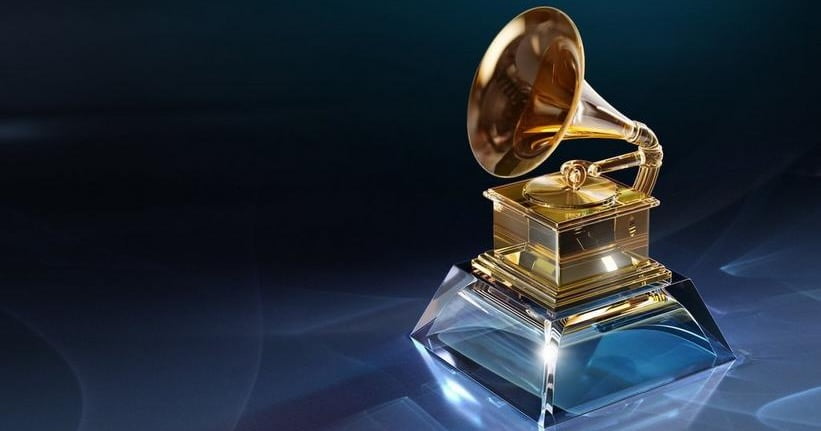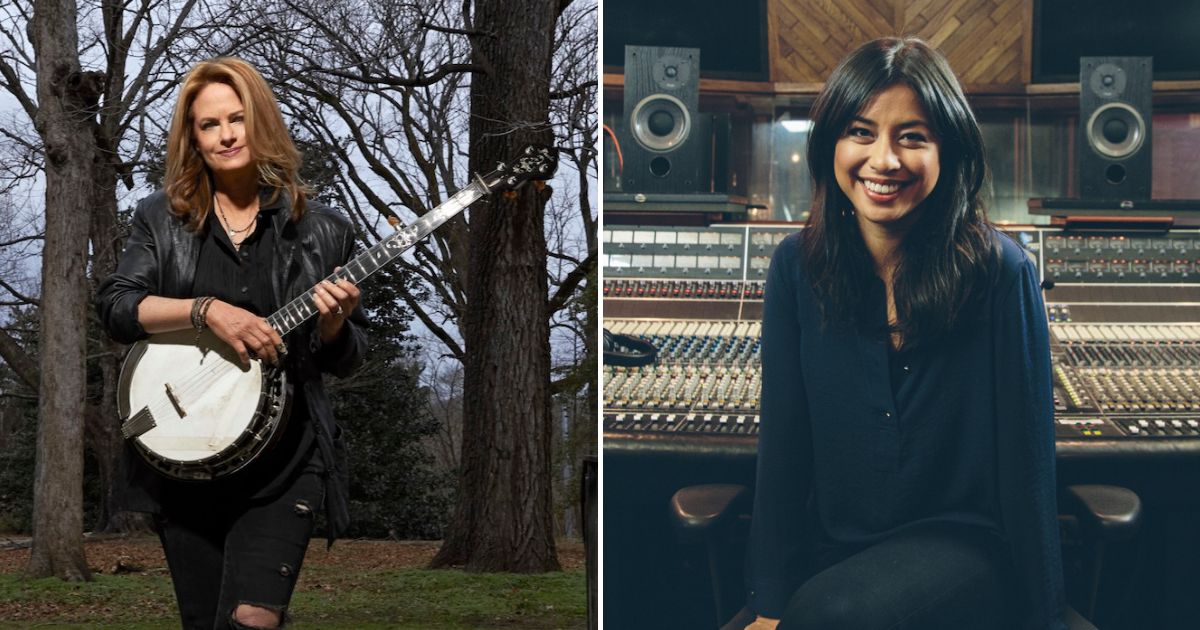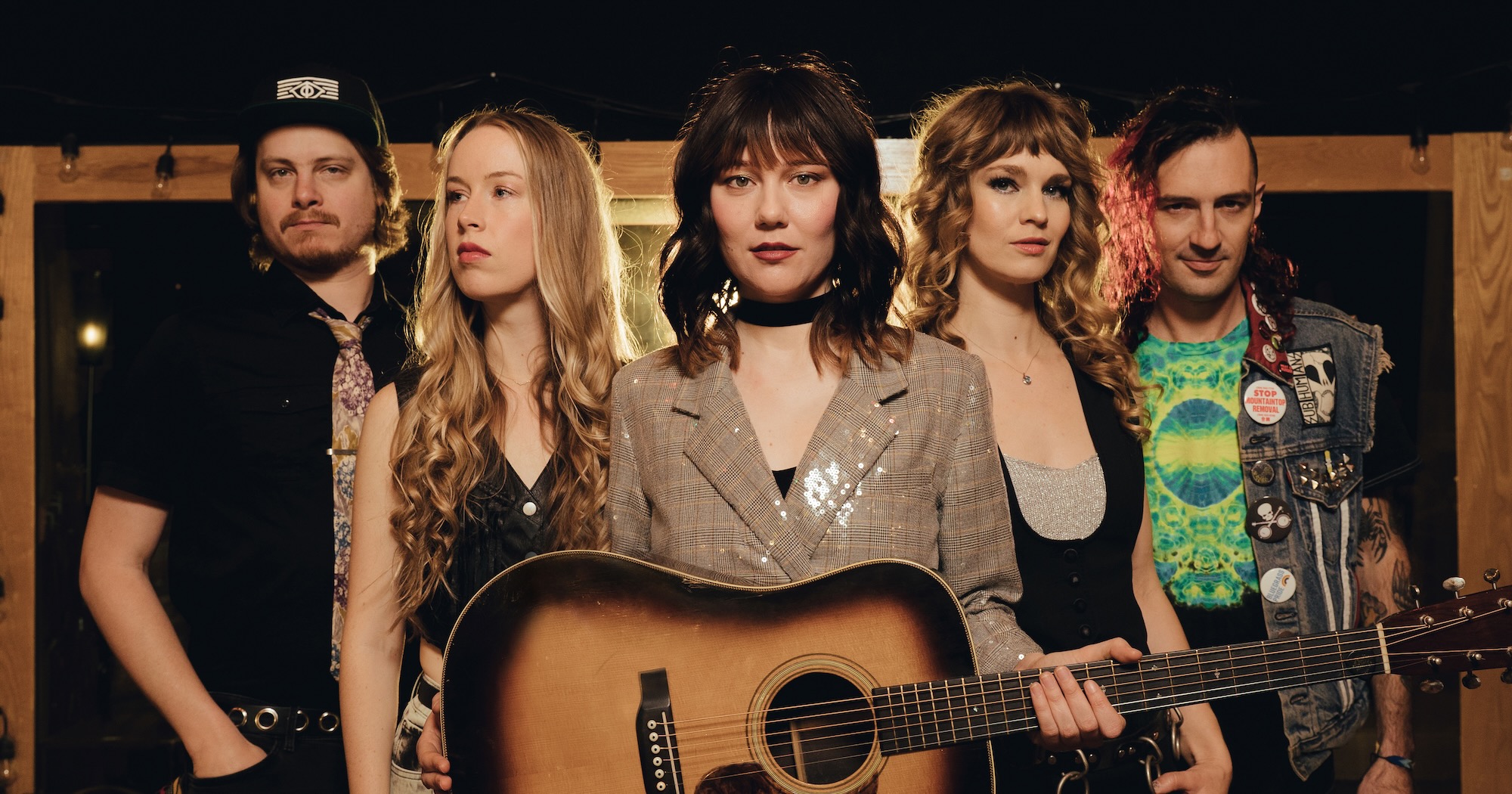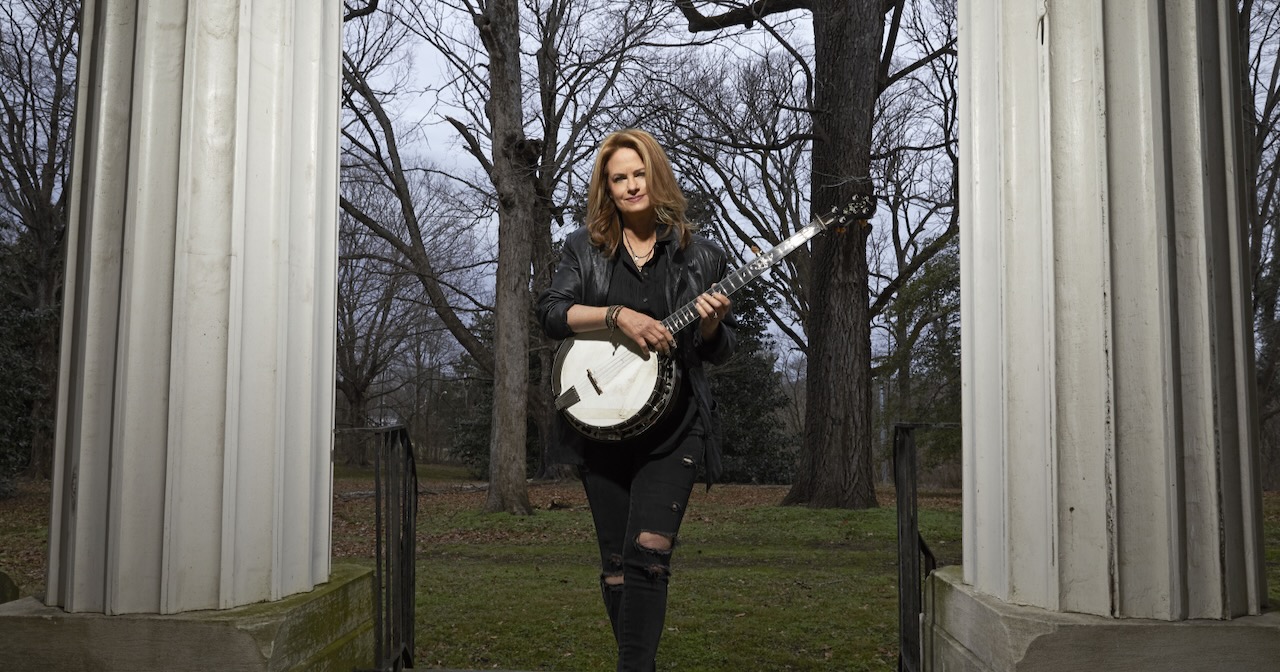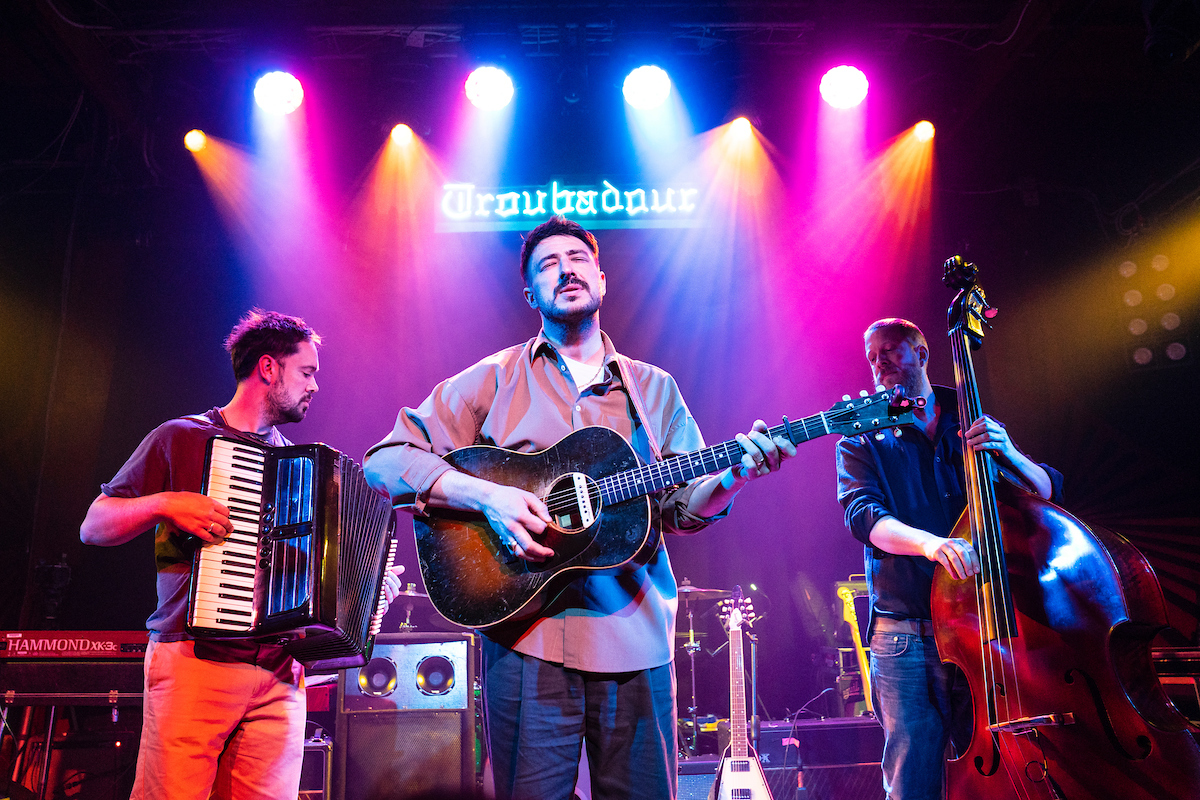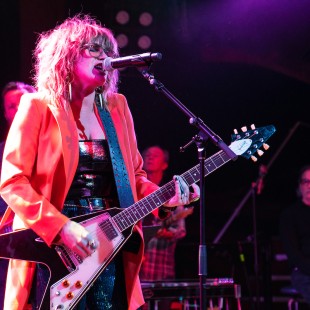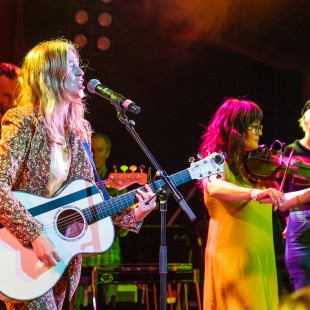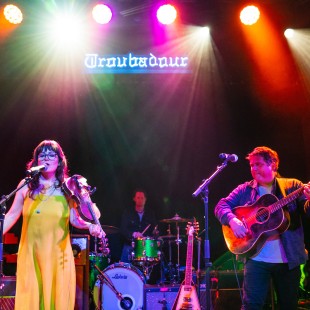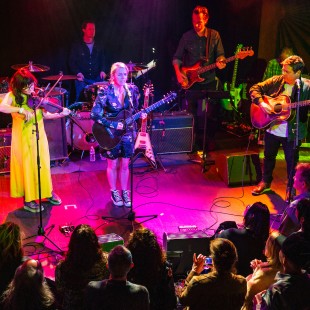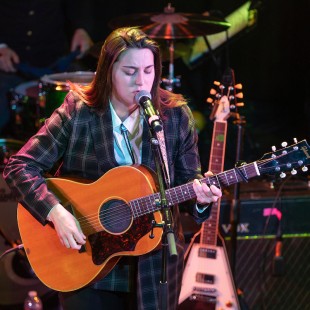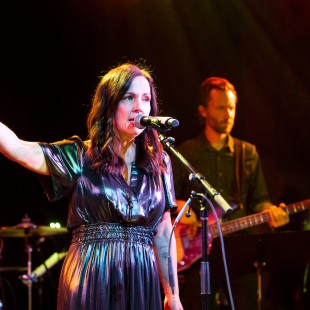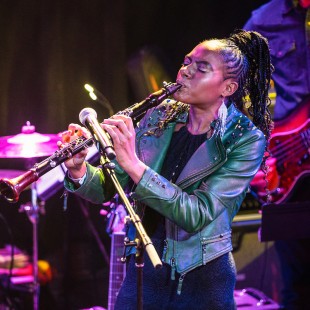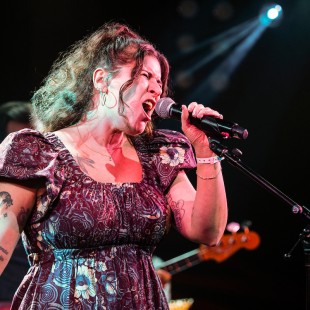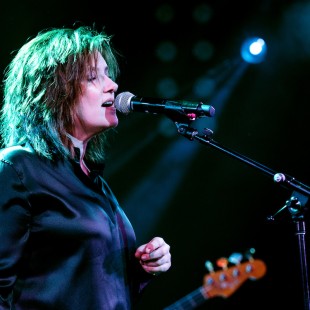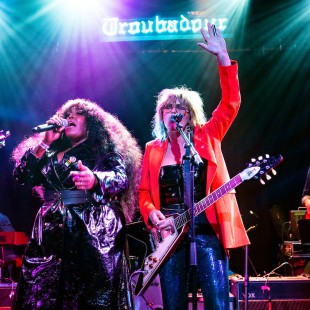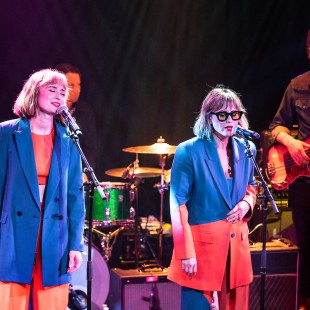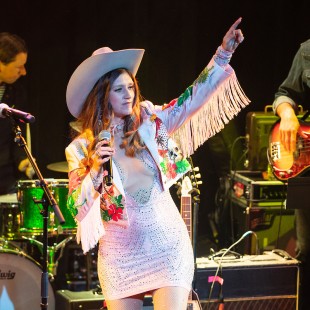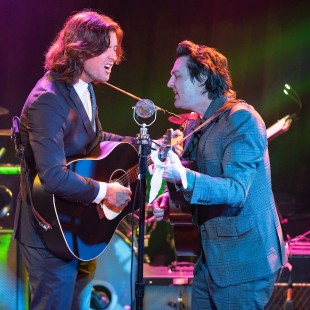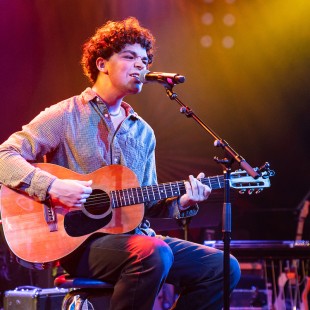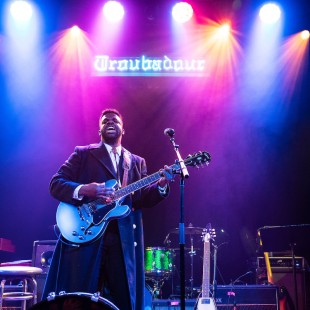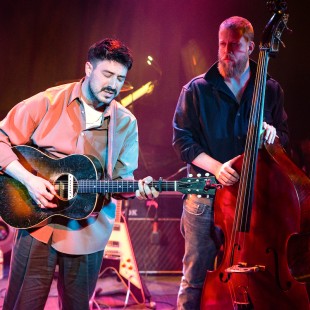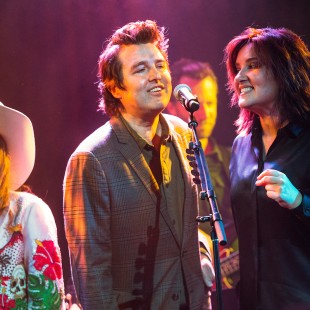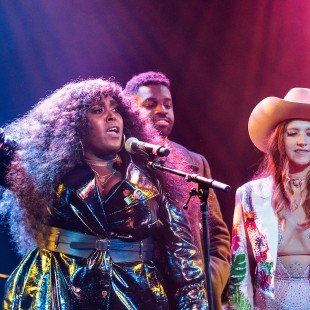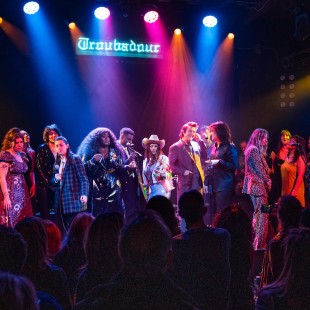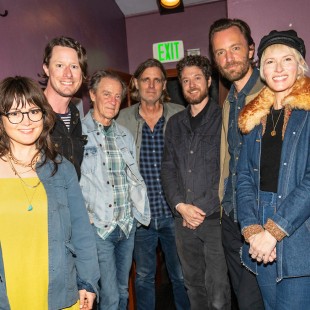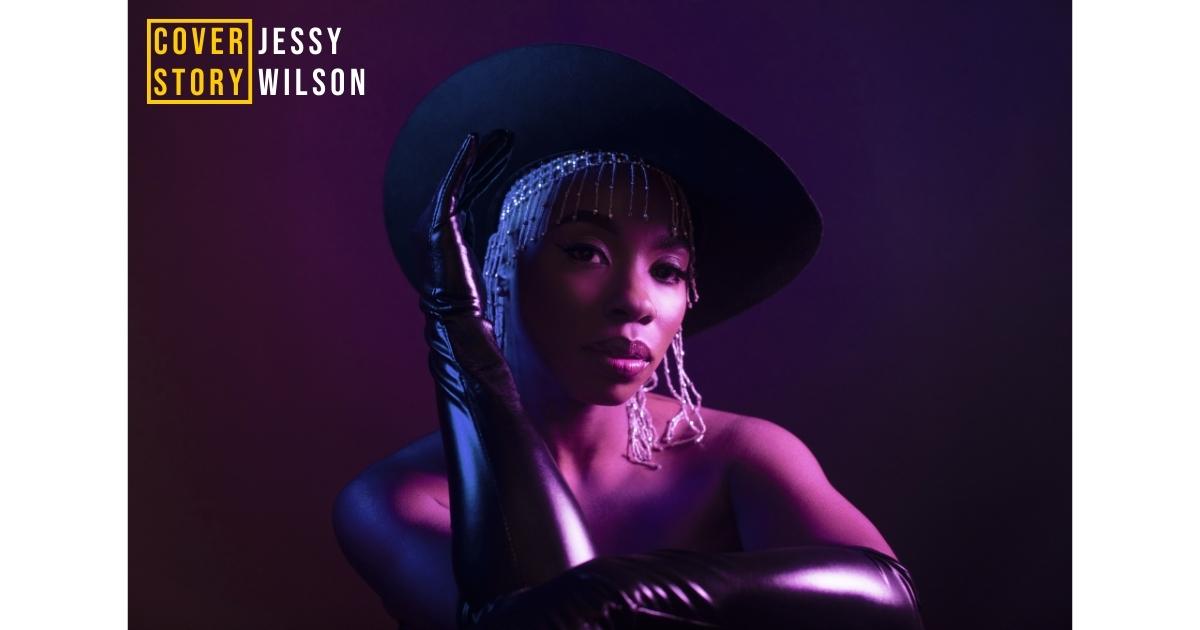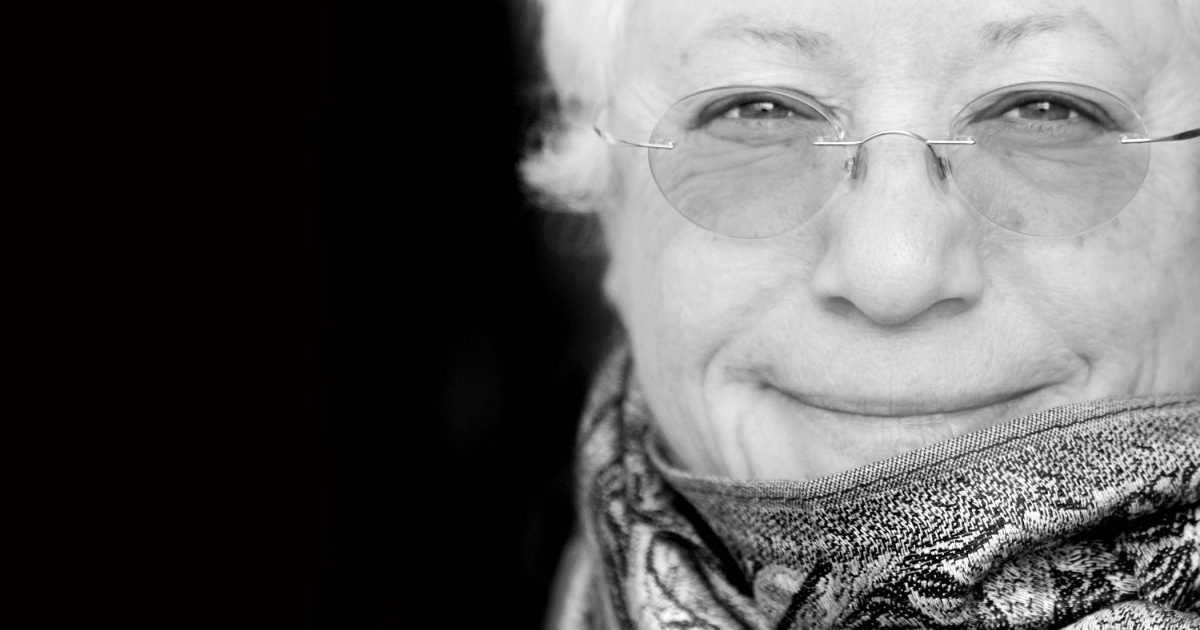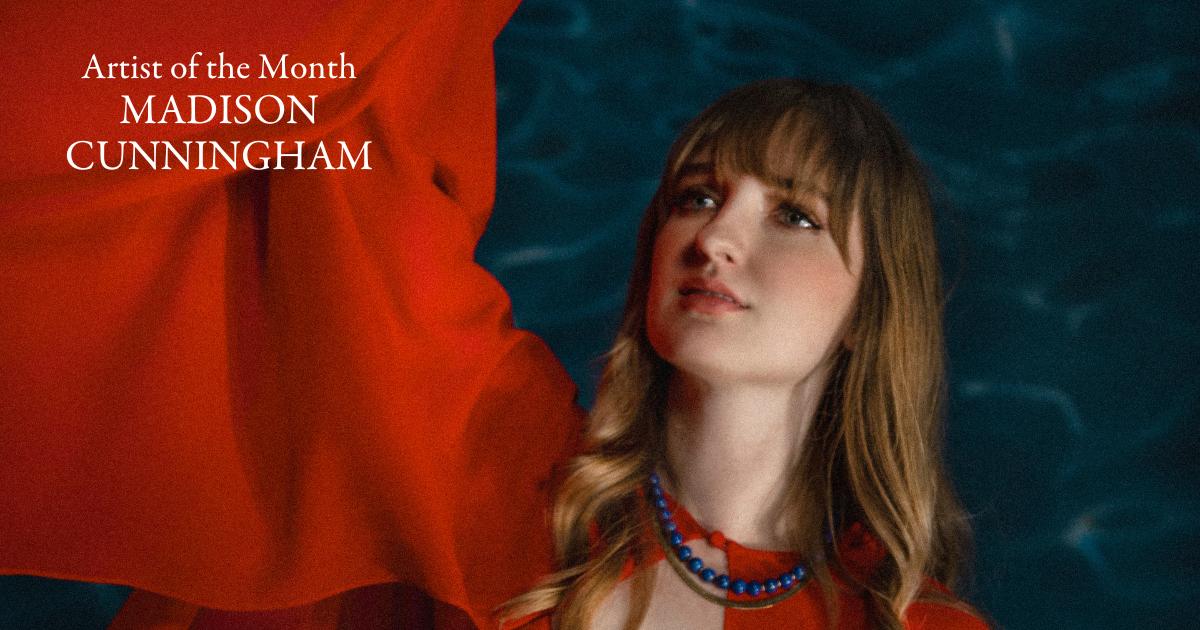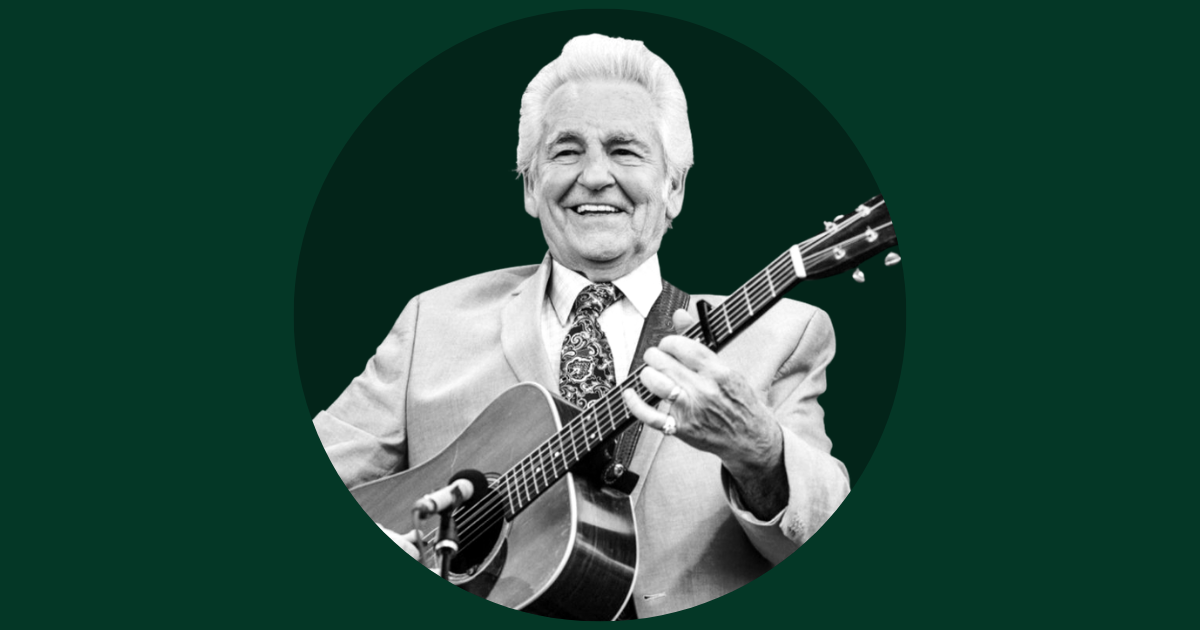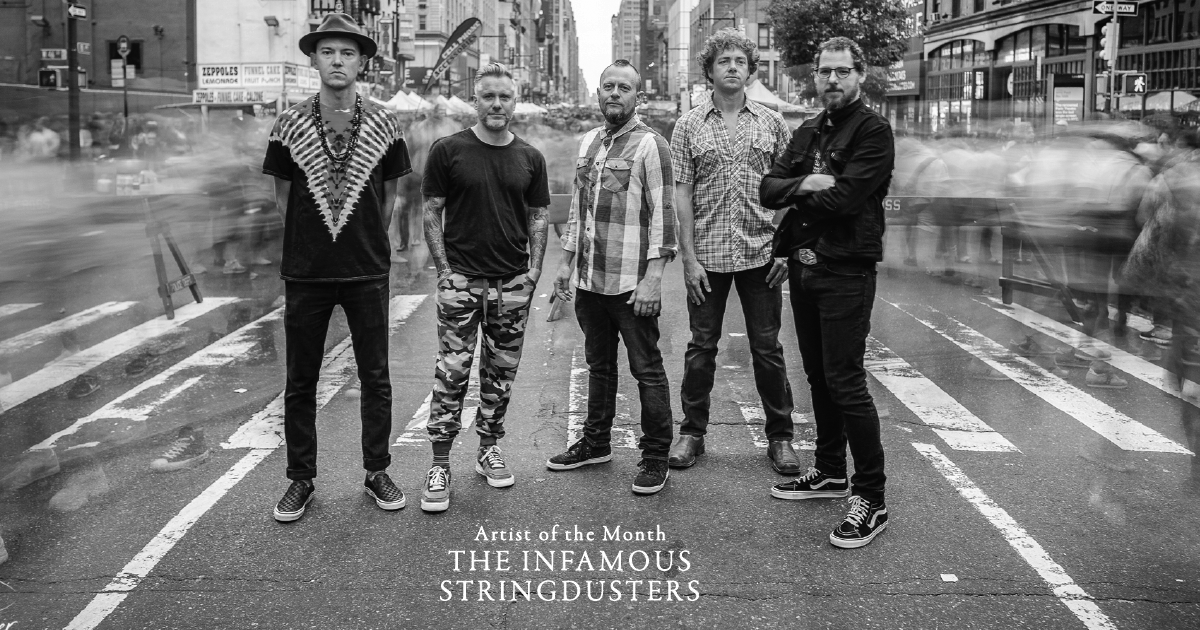This morning via livestream the Recording Academy announced the full list of nominations for the 2024 Grammy Awards, which will take place on Sunday, February 4 at Crypto.com Arena in Los Angeles. Viewers will be able to tune into the 66th Grammy Awards via CBS and Paramount+.
Roots music is well represented across the nominations list – and not just in the Country & American Roots Music Field. Jon Batiste and boygenius are both up for Record of the Year and Album of the Year; Noah Kahan and The War & Treaty both made the final round for Best New Artist; Jessie Jo Dillon and Shane McAnally – both in-demand Music Row songwriters – are each in the running for Songwriter of the Year, Non-Classical; and throughout this year’s categories we find exemplary roots musicians representing the nearest and furthest branches, boughs, and ecosystems of these traditions we hold so dear.
This year’s Best Bluegrass Album nominees are a stout collection of records including Radio John: Songs of John Hartford by Sam Bush, Lovin’ Of The Game by Michael Cleveland, Mighty Poplar by Mighty Poplar, Bluegrass by Willie Nelson, Me/And/Dad by Billy Strings, and City Of Gold by Molly Tuttle & Golden Highway – the reigning winners in the category.
Below, find a full list of this year’s Grammy nominations in the Country & American Roots Music Field, as well as selected categories from the greater nominations list featuring roots musicians within and adjacent to our BGS family. (See the entire, exhaustive list via the Recording Academy here.)
Record Of The Year
“Worship”
Jon Batiste
“Not Strong Enough”
boygenius
“Flowers”
Miley Cyrus
“What Was I Made For?” [from the motion picture Barbie]
Billie Eilish
“On My Mama”
Victoria Monét
“Vampire”
Olivia Rodrigo
“Anti-Hero”
Taylor Swift
“Kill Bill”
SZA
Album of the Year
World Music Radio
Jon Batiste
the record
boygenius
Endless Summer Vacation
Miley Cyrus
Did You Know That There’s A Tunnel Under Ocean Blvd
Lana Del Rey
The Age Of Pleasure
Janelle Monáe
GUTS
Olivia Rodrigo
Midnights
Taylor Swift
SOS
SZA
Best New Artist
Gracie Abrams
Fred again..
Ice Spice
Jelly Roll
Coco Jones
Noah Kahan
Victoria Monét
The War & Treaty
Best Rock Performance
“Sculptures Of Anything Goes”
Arctic Monkeys
“More Than A Love Song”
Black Pumas
“Not Strong Enough”
boygenius
“Rescued”
Foo Fighters
“Lux Æterna”
Metallica
Best Country Solo Performance
“In Your Love”
Tyler Childers
“Buried”
Brandy Clark
“Fast Car”
Luke Combs
“The Last Thing On My Mind”
Dolly Parton
“White Horse”
Chris Stapleton
Best Country Duo/Group Performance
“High Note”
Dierks Bentley featuring Billy Strings
“Nobody’s Nobody”
Brothers Osborne
“I Remember Everything”
Zach Bryan featuring Kacey Musgraves
“Kissing Your Picture (Is So Cold)”
Vince Gill & Paul Franklin
“Save Me”
Jelly Roll With Lainey Wilson
“We Don’t Fight Anymore”
Carly Pearce featuring Chris Stapleton
Best Country Song
“Buried”
Brandy Clark & Jessie Jo Dillon, songwriters (Brandy Clark)
“I Remember Everything”
Zach Bryan & Kacey Musgraves, songwriters (Zach Bryan featuring Kacey Musgraves)
“In Your Love”
Tyler Childers & Geno Seale, songwriters (Tyler Childers)
“Last Night”
John Byron, Ashley Gorley, Jacob Kasher Hindlin & Ryan Vojtesak, songwriters (Morgan Wallen)
“White Horse”
Chris Stapleton & Dan Wilson, songwriters (Chris Stapleton)
Best Country Album
Rolling Up The Welcome Mat
Kelsea Ballerini
Brothers Osborne
Brothers Osborne
Zach Bryan
Zach Bryan
Rustin’ In The Rain
Tyler Childers
Bell Bottom Country
Lainey Wilson
Best American Roots Performance
“Butterfly”
Jon Batiste
“Heaven Help Us All”
The Blind Boys Of Alabama
“Inventing The Wheel”
Madison Cunningham
“You Louisiana Man”
Rhiannon Giddens
“Eve Was Black”
Allison Russell
Best Americana Performance
“Friendship”
The Blind Boys Of Alabama
“Help Me Make It Through The Night”
Tyler Childers
“Dear Insecurity”
Brandy Clark Featuring Brandi Carlile
“King Of Oklahoma”
Jason Isbell And The 400 Unit
“The Returner”
Allison Russell
Best American Roots Song
“Blank Page”
Michael Trotter Jr. & Tanya Trotter, songwriters (The War & Treaty)
“California Sober”
Aaron Allen, William Apostol & Jon Weisberger, songwriters (Billy Strings featuring Willie Nelson)
“Cast Iron Skillet”
Jason Isbell, songwriter (Jason Isbell and the 400 Unit)
“Dear Insecurity”
Brandy Clark & Michael Pollack, songwriters (Brandy Clark featuring Brandi Carlile)
“The Returner”
Drew Lindsay, JT Nero & Allison Russell, songwriters (Allison Russell)
Best Americana Album
Brandy Clark
Brandy Clark
The Chicago Sessions
Rodney Crowell
You’re The One
Rhiannon Giddens
Weathervanes
Jason Isbell and the 400 Unit
The Returner
Allison Russell
Best Bluegrass Album
Radio John: Songs of John Hartford
Sam Bush
Lovin’ Of The Game
Michael Cleveland
Mighty Poplar
Mighty Poplar
Bluegrass
Willie Nelson
Me/And/Dad
Billy Strings
City Of Gold
Molly Tuttle & Golden Highway
Best Traditional Blues Album
Ridin’
Eric Bibb
The Soul Side Of Sipp
Mr. Sipp
Life Don’t Miss Nobody
Tracy Nelson
Teardrops For Magic Slim Live At Rosa’s Lounge
John Primer
All My Love For You
Bobby Rush
Best Contemporary Blues Album
Death Wish Blues
Samantha Fish And Jesse Dayton
Healing Time
Ruthie Foster
Live In London
Christone “Kingfish” Ingram
Blood Harmony
Larkin Poe
LaVette!
Bettye LaVette
Best Folk Album
Traveling Wildfire
Dom Flemons
I Only See The Moon
The Milk Carton Kids
Joni Mitchell At Newport [Live]
Joni Mitchell
Celebrants
Nickel Creek
Jubilee
Old Crow Medicine Show
Seven Psalms
Paul Simon
Folkocracy
Rufus Wainwright
Best Regional Roots Music Album
New Beginnings
Buckwheat Zydeco Jr. & The Legendary Ils Sont Partis Band
Live At The 2023 New Orleans Jazz & Heritage Festival
Dwayne Dopsie & The Zydeco Hellraisers
Live: Orpheum Theater Nola
Lost Bayou Ramblers & Louisiana Philharmonic Orchestra
Made In New Orleans
New Breed Brass Band
Too Much To Hold
New Orleans Nightcrawlers
Live At The Maple Leaf
The Rumble Featuring Chief Joseph Boudreaux Jr.
Best Roots Gospel Album
Tribute To The King
The Blackwood Brothers Quartet
Echoes Of The South
Blind Boys Of Alabama
Songs That Pulled Me Through The Tough Times
Becky Isaacs Bowman
Meet Me At The Cross
Brian Free & Assurance
Shine: The Darker The Night The Brighter The Light
Gaither Vocal Band
Best Global Music Performance
“Shadow Forces”
Arooj Aftab, Vijay Iyer & Shahzad Ismaily
“Alone”
Burna Boy
“FEEL”
Davido
“Milagro Y Disastre”
Silvana Estrada
“Abundance In Millets”
Falu & Gaurav Shah (featuring PM Narendra Modi)
“Pashto”
Béla Fleck, Edgar Meyer & Zakir Hussain Featuring Rakesh Chaurasia
“Todo Colores”
Ibrahim Maalouf Featuring Cimafunk & Tank And The Bangas
Best Music Video
“I’m Only Sleeping”
(The Beatles)
“In Your Love”
Tyler Childers
“What Was I Made For”
Billie Eilish
“Count Me Out”
Kendrick Lamar
“Rush”
Troye Sivan
Best Instrumental Composition
“Amerikkan Skin”
Lakecia Benjamin, composer (Lakecia Benjamin featuring Angela Davis)
“Can You Hear The Music”
Ludwig Göransson, composer (Ludwig Göransson)
“Cutey And The Dragon”
Gordon Goodwin & Raymond Scott, composers (Quartet San Francisco featuring Gordon Goodwin’s Big Phat Band)
“Helena’s Theme”
John Williams, composer (John Williams)
“Motion”
Edgar Meyer, composer (Béla Fleck, Edgar Meyer & Zakir Hussain featuring Rakesh Chaurasia)
Best Arrangement, Instrumental or A Cappella
“Angels We Have Heard On High”
Nkosilathi Emmanuel Sibanda, arranger (Just 6)
“Can You Hear The Music”
Ludwig Göransson, arranger (Ludwig Göransson)
“Folsom Prison Blues”
John Carter Cash, Tommy Emmanuel, Markus Illko, Janet Robin & Roberto Luis Rodriguez, arrangers (The String Revolution featuring Tommy Emmanuel)
“I Remember Mingus”
Hilario Duran, arranger (Hilario Duran And His Latin Jazz Big Band featuring Paquito D’Rivera)
“Paint It Black”
Esin Aydingoz, Chris Bacon & Alana Da Fonseca, arrangers (Wednesday Addams)
Photo Credit: Courtesy of the Recording Academy.
